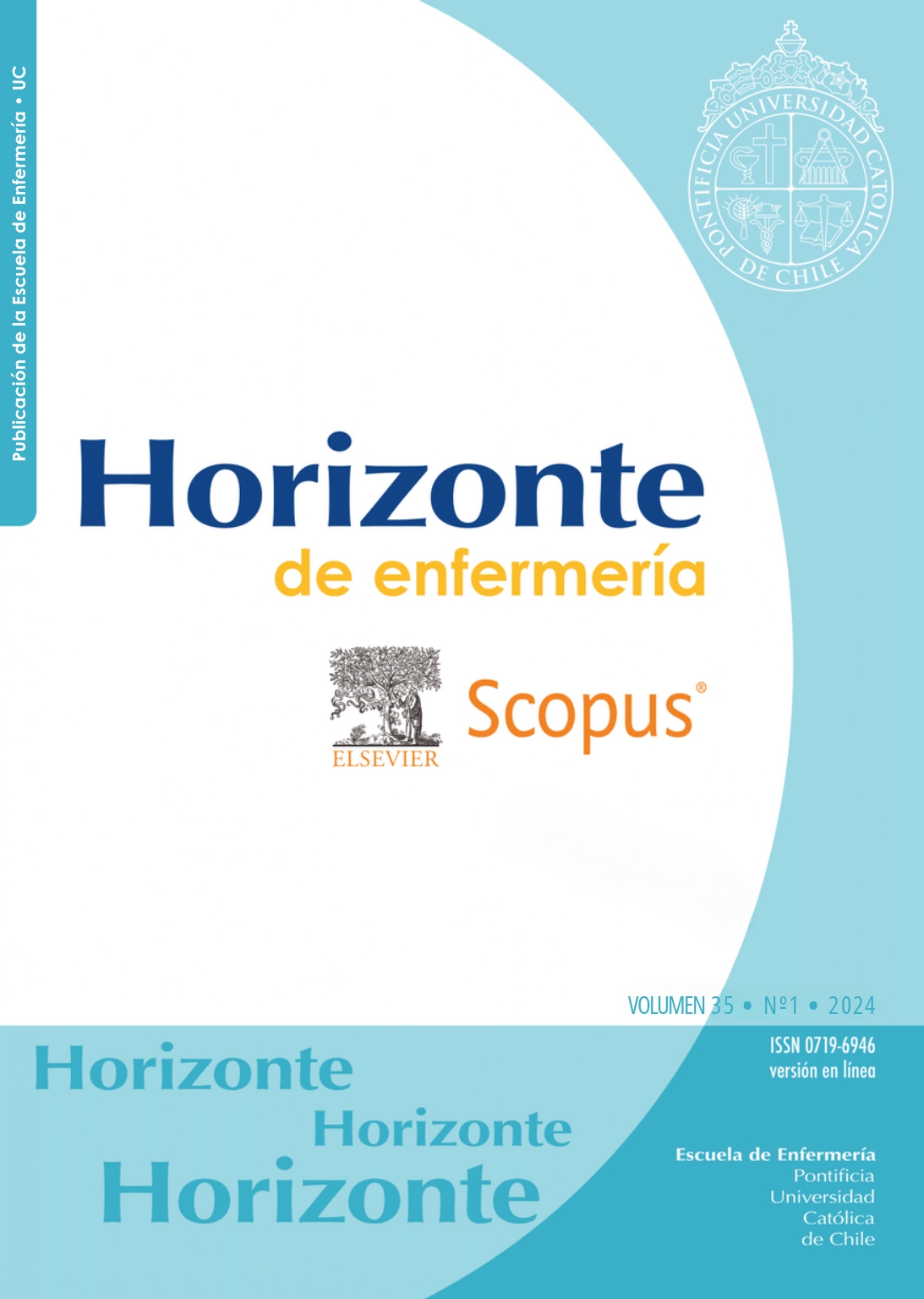MOM, I WANT MY CEVICHE: THE FOOD INTEGRATION OF PERUVIAN MOTHERS IN SANTIAGO DE CHILE
Main Article Content
Abstract
INTRODUCTION: The feeding practices of migrant mothers are influenced by maternal culture, the existence of support networks, socioeconomic level, the availability of indigenous foods, the relationship with health systems and the willingness to integrate the culinary practices of their country. OBJECTIVES: Analyze the formation of feeding practices deployed by Peruvian mothers who raise their sons and daughters in Santiago, Chile. METHODOLOGY: Qualitative, exploratory and interpretive based on the assumptions of symbolic interactionism. Study group made up of 11 Peruvian migrant mothers selected by purposive theoretical sampling, whose stories were analyzed thematically in light of Madeleine Leininger's theory. RESULTS: The configuration of feeding practices of the sons and daughters of Peruvian migrant mothers in Santiago de Chile has been theorized through the following categories, namely, between resistance, culinary integration and the valuation of health care in Chile. DISCUSSION: In the feeding practices of their sons and daughters, the Peruvian migrant mothers interviewed interweave their own knowledge, knowledge which comes from the acceptance of Chilean infant feeding practices and knowledge acquired from the daily negotiation with a Chilean health system, toward which they express ambivalent assessments of its cultural and social relevance. CONCLUSIONS: From Leininger's theoretical assumptions, the feeding practices of the sons and daughters of the mothers interviewed are shaped by the deployment of maternal resistance strategies to maintain their identity heritage, as an expression of their own emic. They are also influenced by Chilean culinary practices, which reflect a daily dialogue of knowledge to maintain the nutrition of their sons and daughters, and act as an instrument of structural social integration, based on the educational, productive and health system. This expression of dialogue contrasts with the technical knowledge of the Chilean health system, which in practice takes the form of a hegemonic and ethnocentric ethic. This contrast is evident despite the declaration of an intercultural approach in the principles that support the model of health prevailing at the primary level of care of the Chilean public health system.
Downloads
Article Details

This work is licensed under a Creative Commons Attribution-NonCommercial-NoDerivatives 4.0 International License.
